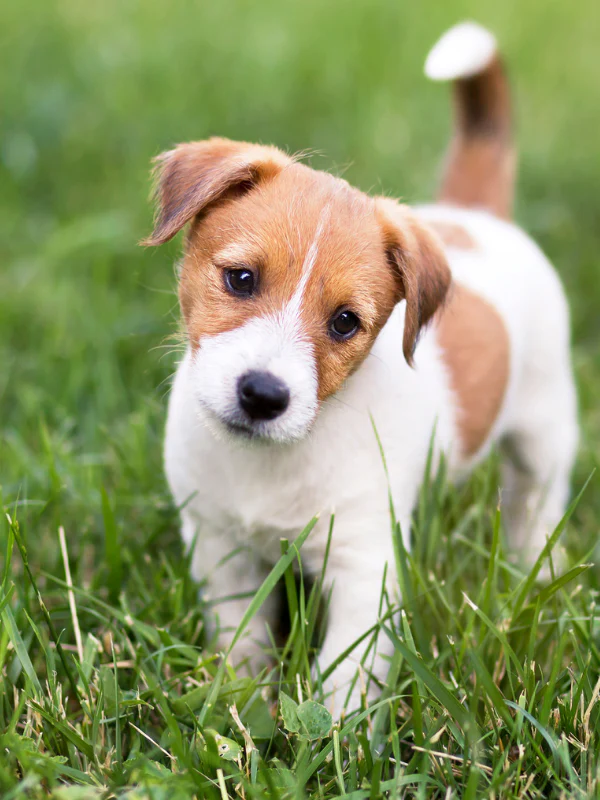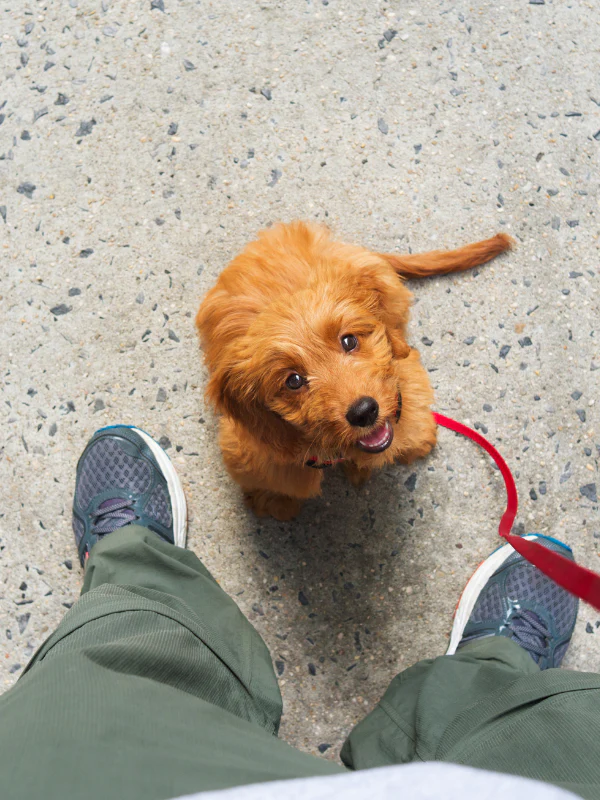# Mastering Housebreaking: A Comprehensive Guide
## Understanding Housebreaking
Housebreaking, commonly referred to as potty training, plays a vital role in raising a well-adjusted puppy. This process involves teaching your young dog to relieve themselves outdoors or in a specific indoor location. While it may seem like a daunting task, housebreaking is essential for creating harmony in your household and strengthening the bond between you and your furry companion.
## The Importance of Housebreaking
Beyond keeping your home clean, housebreaking lays the foundation for a positive relationship with your puppy. By establishing clear boundaries and expectations, you foster a sense of security and routine. This not only benefits your pet but also makes life easier for you by reducing stress and preventing accidents.
## How Long Does Housebreaking Take?
The timeline for housebreaking can vary depending on factors such as the breed, age, and individual temperament of your puppy. On average, most dogs complete this training within four to six months. However, some puppies may require up to a year to achieve full reliability. Patience and persistence are key!

## The Dos of Housebreaking
### Consistency is Key
Puppies thrive on structure, so consistency is paramount. Always use the same exit point and guide your puppy to the designated bathroom area each time. Familiarity breeds confidence!
### Reward Positive Behavior
Positive reinforcement is one of the most effective tools in housebreaking. Praise, treats, or playtime after successful eliminations encourage your puppy to repeat the desired behavior. Remember, rewards strengthen learning!
### Designate a Bathroom Spot
Identifying a specific "toilet zone" helps your puppy understand where they are supposed to go. Whether inside your home or outside in the yard, consistency in location is crucial.
### Establish a Routine
Creating a structured schedule for meals, snacks, and bathroom breaks ensures predictability. Puppies rely heavily on routines, so adhering to a set timetable will streamline the process.
### Monitor Their Diet
Nutrition plays a significant role in housebreaking success. Feeding your puppy a balanced diet keeps their digestive system regular and minimizes surprises. Consult your veterinarian for dietary recommendations tailored to your pup’s needs.

## The Don'ts of Housebreaking
### Avoid Over-Punishment
While accidents happen, punishing your puppy harshly can lead to anxiety and hinder progress. Instead, focus on redirecting their attention positively toward appropriate behaviors.
### Don't Rush the Process
Patience is essential when housebreaking. Each puppy learns at their own pace, so rushing the process can backfire. Celebrate small victories along the way!
### Avoid Irregular Meal Times
Inconsistent feeding schedules disrupt your puppy’s natural rhythms, making housebreaking more challenging. Stick to regular mealtimes to promote predictable elimination patterns.
### Don’t Ignore Early Signals
Puppies often exhibit subtle cues before needing to relieve themselves. Pay close attention to these signals to prevent mishaps and reinforce good habits.
### Avoid Unrealistic Expectations
Treating your puppy like a human baby, expecting perfection overnight, sets unrealistic goals. Embrace incremental improvements and enjoy the journey together.
## Tips for Successful Housebreaking
Every puppy is unique, so what works for one may not work for another. Approach housebreaking with patience, consistency, and unconditional love. This period of bonding strengthens your connection while shaping your puppy into a well-behaved companion.
Housebreaking is a dynamic experience filled with challenges and triumphs. With the right mindset and adherence to the dos and don’ts, you’ll soon see your efforts pay off.
## FAQs
**What Should I Do If My Puppy Has an Accident Indoors?**
Thoroughly clean the area using enzymatic cleaners to eliminate lingering odors that could attract your puppy back to the spot. Prevention is always better than cure!
**What If My Puppy Isn’t Progressing?**
If you’re struggling, seek guidance from a professional trainer or consult your vet. Some puppies simply take longer, and personalized advice can make all the difference.
**Can I Use Training Pads?**
Absolutely! Training pads are particularly helpful for urban dwellers who lack access to outdoor spaces. They provide a convenient alternative while you work on transitioning your puppy outside.
**Is Crate Training Beneficial?**
Crate training can be highly beneficial when combined with proper supervision. It provides a safe space for your puppy and aids in reinforcing boundaries without causing distress.
**How Often Should I Take My Puppy Outside?**
Newborn puppies typically need to go outside every hour or two. As they mature, this interval gradually increases. Always keep an eye out for signs such as sniffing, circling, or whining, which indicate the need to eliminate.
Housebreaking is a rewarding yet demanding phase in pet ownership. By staying committed and informed, you’ll transform this challenge into a cherished experience with lasting benefits for both you and your puppy.
Hair Extensions,Jet Black Tape Hair Extensions,Straight Tape Hair Extensions,Blonde Tape Hair
Xuchang KANAZI Hair Products Co., Ltd. , https://www.kanazihair.com